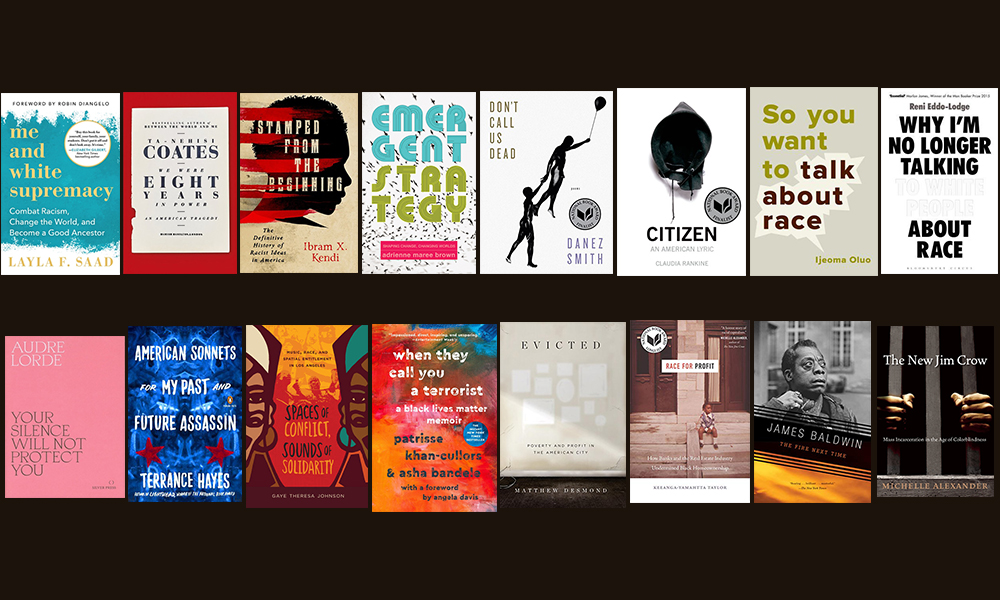¤
NATALIE NAVA: When we turn to history to help us make sense of the current moment, it can be dispiriting, to say the least, to confront the lack of progress we’ve made as a society on things like white supremacy.
While sheltering in place I’ve been reading Hilary Mantel’s Wolf Hall, about the period of political uncertainty in England in the 1520s. The book is challenging and engrossing and has been a source of comfort for me, given the despair I feel about the latest barrage of racial violence. But like a dysfunctional relationship, part of what is comforting is that the context of the book feels tragically familiar: a backdrop of a pandemic, a highly volatile king, and the many characters in the story changing titles and roles and running around trying to anticipate and divert the king’s mood swings. There was the same greed, injustice, and alignment of institutions with the whims of those in power in pre-Reformation England as there is today.
In addition to donating, protesting, and organizing for policy reform, give yourself permission to read. Reading helps us challenge our own beliefs and learn more about the history of oppression, which is critical. It gives our nervous systems, which are on overdrive these days, a chance to rest. And reading allows us to develop the empathy and motivation for action that this moment requires. To help you get started, we have compiled a list of anti-racist books that have been meaningful to us.
ROSA BOSHIER: Creating community is important not just as a source of support but for accountability. We cannot look away from the ways in which systems of racial injustice are often perpetuated in so-called liberal spaces like the arts, or how assumptions of good intent can upend social justice movements. How can we hold each other close while simultaneously holding ourselves responsible?
When I’m looking for reckoning, I turn to the poets. In addition to seeking out new resources, I’m returning to books that force me to peel away at my own privilege and naïveté, because shock over current events is its own form of violence. We’re looking at books that highlight the ways in which white America has been insulated from the realities of racial inequality. Books that reveal how hegemony is built into how we relate, and give us tools to counteract it as part of our daily practice.
Right now, I’m approaching reading as a form of listening. Listen. Learn. Act. Repeat. This list is a beginning. The first step in what needs to be an enduring and consistent strategy towards racial justice.
Resource List
Discussion questions available at the bottom of this post.

Me and White Supremacy: Combat Racism, Change the World, and Become a Good Ancestor, Layla F. Saad
Nonfiction/Workbook
Laya F. Saad’s workbook is a fantastic starting point for an overview on white supremacy issues and a guide to confronting our reactions and beliefs about these issues. Saad’s 30 days of well-paced exercises for reflection help white folks look inward with a mindful and loving approach. Remember that Saad says, “This is not a book you Read. This is a book you Do.”
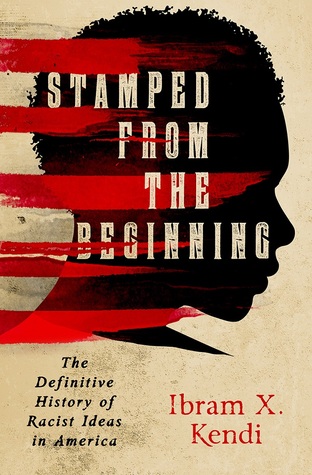
Stamped from the Beginning: The Definitive History of Racist Ideas in America, Ibram X. Kendi
Nonfiction
A long but important book about how racist ideas were created and disseminated throughout American society. Hopefully, this book will help shatter some common preconceived notions about the relationship between racist ideas and racist policy.
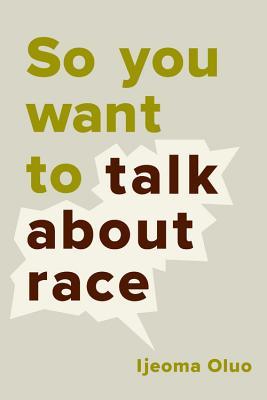
So You Want to Talk About Race, Ijeoma Oluo
Nonfiction
If you have the emotional energy and interest to start dialogues about white supremacy with your friends and loved ones, Ijeoma Oluo’s book can help you navigate conversations on difficult issues like mass incarceration and affirmative action with those who are not yet bought in.
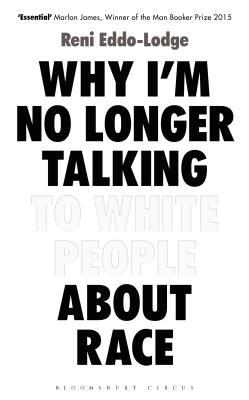
Why I’m No Longer Talking To White People About Race, Reni Eddo-Lodge
Nonfiction
In 2014, Reni Eddo-Lodge wrote a blog post justifying her position of no longer engaging with white people, who seemed largely dismissive, on issues of race. Ironically, this post, meant as a self-preservation tactic, gained incredible traction. The resulting essay collection by Eddo-Lodge, who is British, writes from the perspective of the black experience in her home country, but it is very much applicable in the states as well.
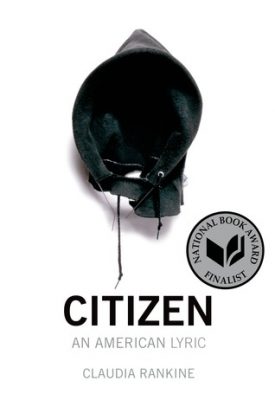
Citizen: An American Lyric, Claudia Rankine
Poetry
Poet, essayist, playwright, and editor Claudia Rankine troubles the notion of a “post-racial” society in this 2014 lyric essay. Rankine shines a light on the gradients of racial aggression and interrogates high-profile representations of blackness. Rankine has received fellowships from the MacArthur Foundation, the Guggenheim Foundation, and the NEA, and co-edited another powerful text The Racial Imaginary: Writers on Race in the Life of the Mind.
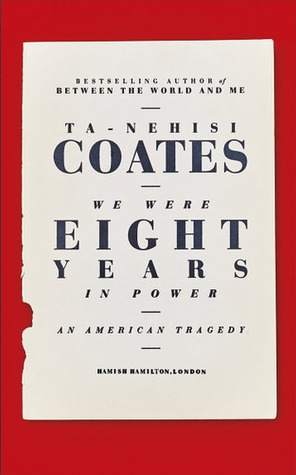
We Were Eight Years in Power: An American Tragedy, Ta-Nehisi Coates
Nonfiction
Ta-Nehisi Coates’s essay collection deconstructs the aftermath and subsequent “whitelash” of Barack Obama’s presidency, comparing it to the politics of the Reconstruction Era. The book was named a New York Times Best Seller, received the Los Angeles Times Book Prize, and was a Finalist for the PEN/Jean Stein Book Award.
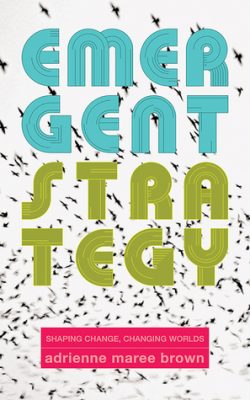
Emergent Strategy: Shaping Change, Changing Worlds, adrienne maree brown
Essays/Memoir/Poetry
Emergent Strategy is a different kind of book, without a linear structure, which may be challenging for some. But the work of anti-racism requires an open heart, and this is a wonderful heart-opener. adrienne maree brown calls on us to embody resiliency practices found in nature, including focusing on “critical connections more than critical mass” or, in other words, personal relationships, to allow us to be in deeper and more responsive collaboration with one another.
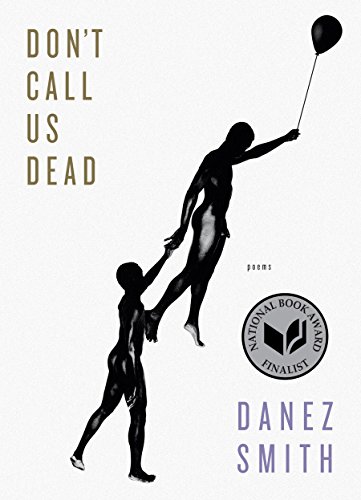
Don’t Call Us Dead: Poems, Danez Smith
Poetry
Framed through the imagined afterlife of black men murdered by law enforcement, this collection spotlights police brutality and the precarity of Black life in the United States. Smith delivers a clear-eyed critique of racial violence and white complacency that should prompt a re-examination of white liberal allyship and fuel the dismantling of historical, institutional racism.
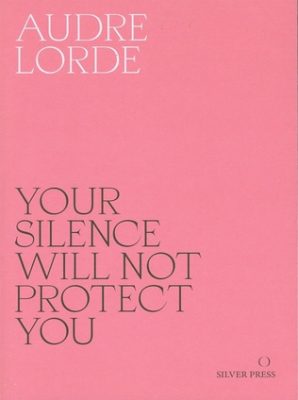
Your Silence Will Not Protect You, Audre Lorde
Nonfiction
With a preface by Reni Eddo-Lodge and an introduction by Sara Ahmed, this collection of black queer feminist writer Audre Lorde’s essays, speeches, and poems reframes her work on race, class, and sex in new ways. With clarity and compassion, Lorde addresses many issues that we still face today, such as discrimination against women of color within white feminism, and gender equity in social justice movements.
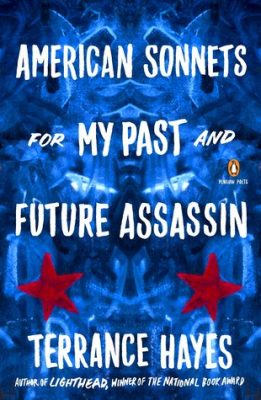
American Sonnets for My Past and Future Assassin, Terrance Hayes
Poetry
In only 89 pages, Terrance Hayes evokes 20th-century leaders in racial equality as well as the consequences of racial violence within his own community. With fierce velocity, these poems address the urgency of racial activism and the brutal hypocrisy of the United States in searing lines like: “I carry money bearing / The face of my assassins.”
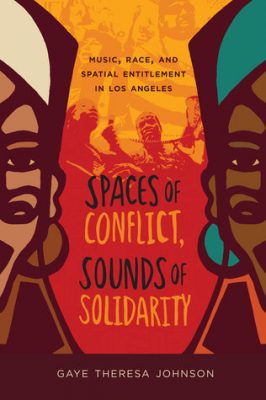
Spaces of Conflict, Sounds of Solidarity: Music, Race, and Spatial Entitlement in Los Angeles, Gaye Theresa Johnson
Nonfiction
Gaye Theresa Johnson examines anti-racist solidarity across L.A. communities, and the way cultural expression was used to reclaim space among Black and Chicanx community members from the postwar era onward. It’s an example of the power and history of dissent in Los Angeles.

When They Call You a Terrorist: A Black Lives Matter Memoir, Patrisse Khan-Cullors and asha bandele
Nonfiction
In their book, first published in 2018, Patrisse Cullors and asha bandele write about their individual and collective journeys in co-founding the Black Lives Matter movement. Told through searing personal narrative and political insight, this memoir is a powerful call to action.
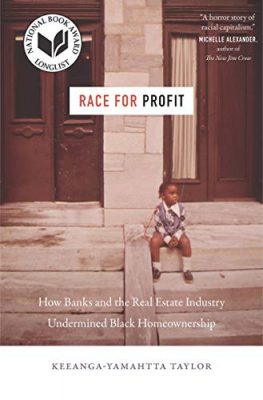
Race for Profit: How Banks and the Real Estate Industry Undermined Black Homeownership, Keeanga-Yamahtta Taylor
Nonfiction
Author Keeanga-Yamahtta Taylor writes about the enduring effects of discriminatory real estate practices such as redlining that continue even after housing discrimination is deemed illegal. The book was long-listed for the 2019 National Book Award and is a Finalist for the 2020 Pulitzer Prize in History.
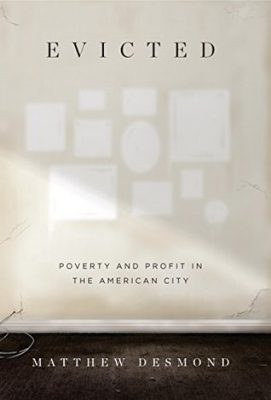
Evicted: Poverty and Profit in the American City, Matthew Desmond
Nonfiction
Matthew Desmond spent 18 months living alongside and documenting the stories of eight families facing eviction in Milwaukee during the 2008 financial crisis. With profoundly heartbreaking stories and housing statistics presented with a huge amount of empathy, this is an excellent book for inspiring rage around the cruelty of mass eviction and the ways in which those in vulnerable housing situations are too often exploited.
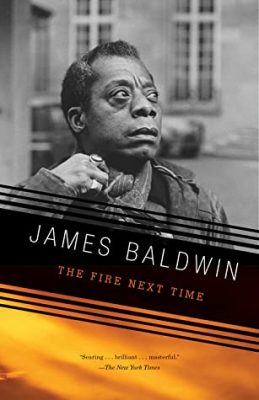
The Fire Next Time, James Baldwin
Nonfiction
Written during the centennial of the Emancipation Proclamation and published in 1962 in the midst of the Civil Rights Movement, James Baldwin’s epistolary masterpiece hits at the heart of racism in America. Its poignant critique of injustice is still relevant today.
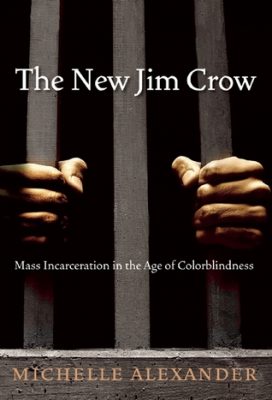
The New Jim Crow: Mass Incarceration in the Age of Colorblindness, Michelle Alexander
Nonfiction
First published in 2010, The New Jim Crow has become a staple text in critical race discourse worldwide. With a focus on mass incarceration, the book argues that institutional oppression has not changed over the years but, rather, has taken new shape within the U.S. legal system. It is widely used in college classrooms and even inspired the creation of the Marshall Project, a nonprofit journalist organization covering criminal justice reform.
Black-Owned Bookstores to Purchase From
Eso Won Books (Los Angeles)
Marcus Books (Oakland)
Underground Books (Sacramento)
Semicolon Bookstore & Gallery (Chicago)
Harriett’s Bookshop (Philadelphia)
Mahogany Books (Washington DC)
Medu Bookstore (Georgia)
Dare Books (Florida)
Pyramid Books (Florida)
Cafe Con Libros (New York)
Sisters Uptown Bookstore (New York)
A more comprehensive list of Black-owned bookstores can be found here.
Discussion Questions
- What discomfort am I sitting with?
- Which of my previously-held beliefs are being challenged?
- What does history teach us about the oppression of underrepresented groups?
- What have I uncovered with respect to my personal biases?
Natalie Nava is based in the Bay Area and is the co-founder of Allies at Work, an organization that trains overrepresented populations in the workplace on power dynamics and inclusive leadership.
Rosa Boshier is a Los Angeles-based writer and educator whose work has appeared or is forthcoming in outlets such as Guernica, Literary Hub, The Rumpus, The Guardian, and The Washington Post.


